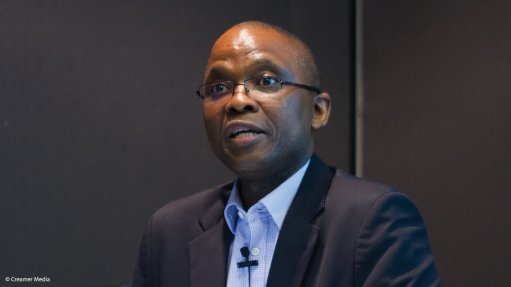
MXOLISI MGOJO
Exxaro has for some time, been diversifying some of its shorter-term contracts that were coming to an end
Photo by: Duane Daws
Diversified miner Exxaro Resources has assured investors that, despite its black ownership falling below the 51% required by State-owned power utility Eskom for all its supply contracts, this will not affect its existing supply contracts with the utility.
The company is set to introduce a new black economic-empowerment (BEE) scheme that will result in its black ownership shareholding dropping from the current 50.1% to 30%.
Speaking to investors by teleconference last week, FD Riaan Koppeschaar said a new company, NewBEECo, would be incorporated for the purpose of being the new empowerment vehicle, replacing Main Street 333, and will eventually have a 30% stake in Exxaro.
He highlighted that the replacement BEE transaction term would run for seven years with certain interim liquidity mechanisms which “would not threaten Exxaro’s empowerment credentials”. The detailed agreements are still to be negotiated.
CEO Mxolisi Mgojo told Mining Weekly that the company had a number of contracts in place with Eskom, many of which were long-term contracts of over 30 years. “There is no danger that any of these contracts will be affected by our new BEE transaction. Many of these contracts have been in place for over 15 years and there is no way that [Eskom] can come in in the middle of a contract and impose new conditions on the contract, while the contract is running.”
He added that the company had also, for some time, been diversifying some of its shorter-term contracts that were coming to an end, because Exxaro was able to acquire new entitlements as a result of the acquisition of assets from coal miner Total Coal South Africa.
Mgojo stated that these transactions had helped the company further derisk itself from being totally dependent on Eskom as its main customer.